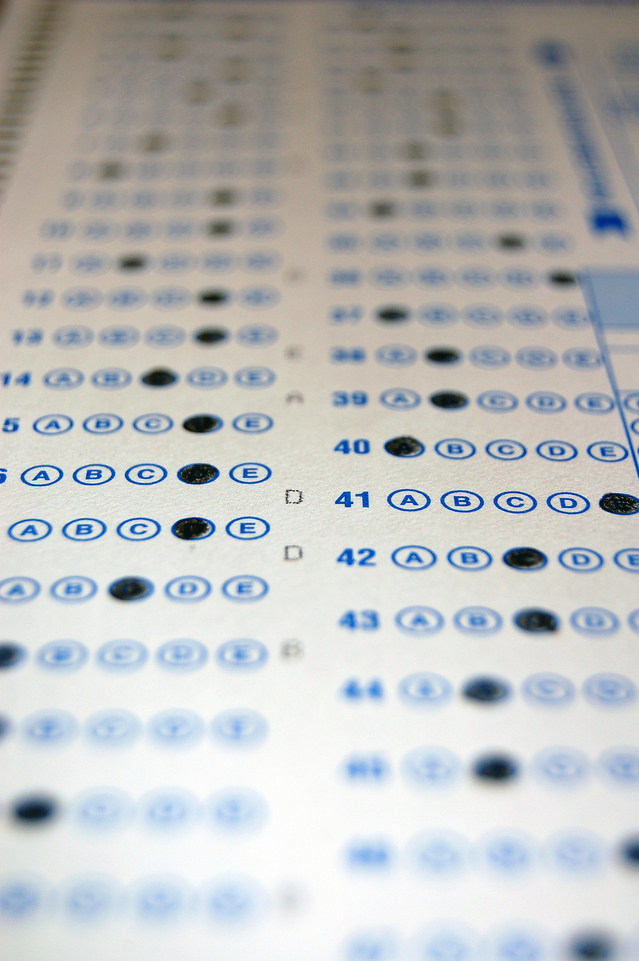
These days, a lot of kids feel pressured to perform academically. Getting into a good college generally requires superior high school grades, and that means passing tests. Even junior high schoolers and kids in lower grades can feel stressed about school, especially right before an important test. In the interest of calming pre-test jitters for all, we offer the following quick tips that offer fast relief.
Study better, not harder
If your child excels at studying and note-taking, they may fare better as test time approaches. Students who brainstorm together in small groups may improve their study skills and boost confidence in their test-taking abilities, so say education experts at Cengage magazine.
Just chill out and relax, relax, relax
There are a number of proven relaxation techniques that can go a long way toward relieving pre-test anxiety. Among them are listening to classical or ambient music, taking a walk to refresh the brain and playing with puppies, according to GoConqr. And never, ever underestimate the importance -and stress relief- of a great night’s sleep. Hours spent asleep help the human brain to store new knowledge into the memory center of the brain where it can be recalled on test day. If you’ve ever tried to concentrate after a missed night’s sleep, you know that this is true.
Snack on chocolate, but make sure it’s the dark kind. Comprising around 70 percent pure cocoa, dark chocolate helps to counteract a stress hormone called cortisol. As an extra added bonus, deeply dark chocolate is known to cause the brain to release the happiness chemicals called endorphins. Sounds like a win-win proposition, right? It is.
Go low tech
Students intent on passing a crucial exam do themselve an enormous favor when they turn off their phones. Checking messages, scrolling a Facebook news feed and messing around on Twitter are fun, but they’re also amazing time-wasters. Students who waste time online may not have enough time to be fully prepared for a test, and that can be a huge stressor.
Teens who meditate tend to be far less stressed than teens who don’t. The ancient art of meditation is a brilliant way to take a relaxing break from study and ‘reset’ the mind. Meditation may also help nervous students to maintain their sense of focus while boosting mental health. Mandalas are a nice part of some student’s meditations. An Adroid app such as mandala coloring book app offers calming geometric patterns and a rainbow of colors that give students a stress-relief break any time they need it. Mandalas aren’t the only things you can illustrate with this free Android app from Google Play. Animal pics, flowers and other entertaining coloring projects come with Coloring Book For Me & Mandala from Apalon.
Puppies, hamsters and fish tanks can be good stress relievers, too. Playing with pets, petting cats and popping bubble wrap are relaxing forms of play that can do much to calm those pre-exam jitters.
____________________________
Today’s guest post is from Leo Wright, a Dad who works part time as an assistant at his son’s school. He writes about educating your kids at home, as well as supporting their schoolwork.








 In February and March, your college bound teen could be taking the ACT or the SAT. This week, I’m going to discuss test prep. First on the list–should you hire a test prep tutor? Is it worth the investment? Will it improve your student’s score? Is a tutor really necessary with all the free help you can find online?
In February and March, your college bound teen could be taking the ACT or the SAT. This week, I’m going to discuss test prep. First on the list–should you hire a test prep tutor? Is it worth the investment? Will it improve your student’s score? Is a tutor really necessary with all the free help you can find online?
